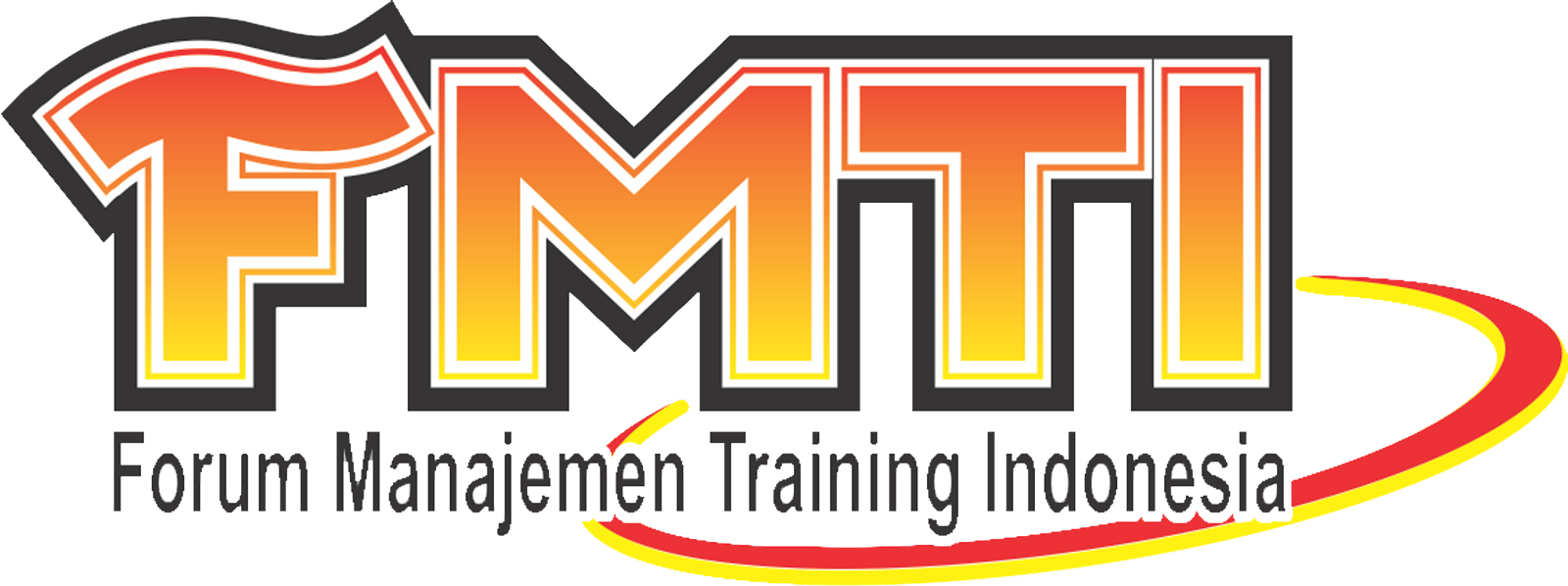OIL &
GAS SURFACE PRODUCTION OPERATIONS and FACILITY
Why Should
You Attend?
This practical approach course is
designed to provide a comprehensive understanding of Surface Production
Facility, Process, Operation and Maintenance. It will be presented in order to
fulfill the needs of All technical and non-technical (field and headquartered)
personnel of Oil & Gas Company who involves in or concern with onshore or
offshore Oil & Gas Surface Production Facility, Process, Operation and
Maintenance.
Who Will You Meet?
All technical and non-technical
(field and headquartered) personnel of Oil & Gas Company who involves in or
concern with onshore or offshore Oil & Gas Surface Production Facility,
Process, Operation and Maintenance.
What Will You Get After Completing
This Course?
After completion, participants will understand why oil & gas must be
processed in near well surface production facility, how the process is carried
out, what equipment and components are needed, how each equipment works, and
what are the goals to be achieved in each stage, in both technical and
economical point of views. Participants will better classify requirements for
each separation process and specification of vessels, columns, piping, valves,
pump, compressor and related devices used in surface operations and improve
knowledge on safety, inspection, maintenance and troubleshooting of the whole
system.
What Will
You Learn from This Course?
In this
tailor made course participants will learn from and discuss with professional
instructor the following subjects:
1. Surface
Production Processing and Flow Diagram
- Tubing, wellhead and the pressure regulating
devices
- Header, manifolds and slug catcher installation
- Oil processing scheme and crude to sales
- Gas processing scheme and export gas to sales
- Sand & produced water handling, treatment and
dispos
2. Production
Separators, Flowlines, Heater-Treater and Storage Tanks
- High, Medium and Low pressure production
separators operations
- Flowlines, gathering lines, trunk lines and the
safety control valves
- Crude dehydration and stabilization processes and
operations
- Oil heater-treater (fired, chemical and
electrostatic) and the safety control system
- Gun barrel / wash tank and degasser operations
- Storage tanks, crude pumps, crude measurement and
BS&W monitoring
- Crude transportation through pipeline system
3. Gas Gathering
& Compression
- Gas gathering and control of flow & pressure
- Gas conditioning prior to compression
- Natural gas liquid recovery and fractionation
- Gas compression and the compressor control system
- Gas measurement and composition monitoring
- Gas pipeline to sales and the safety control
valves
4. Gas
Processing and Sour Gas Treating
- Gas separation process and operations
- Heavy hydrocarbon removal to satisfy dew-point
requirement
- Sour gas treatment and H2S & CO2 removal
processes
- Amine sweetening plant Operations and Maintenance
- Gas dehydration process to satisfy water content
requirement
- Glycol contactor Operations and Maintenance
- Hazards and safety in gas handling operations
5.
Gas Pipeline Problems and Troubleshooting
- Pipeline Leakage and short remaining service life
- Pipeline cracking due to material defects and
imperfections
- Pipeline failure caused by internal corrosion and
MIC
- Coating and wrapping damage due to external
attack by soil and water
- Severe external corrosion due to failure of
cathodic protection
- Gas transmission operation problems due to
multiphase flow
- Pipeline plugging caused by scale and deposits
- Recommended practice for pipeline inspection and
monitoring
- Recommended practice for pipeline cleaning and pigging
